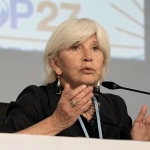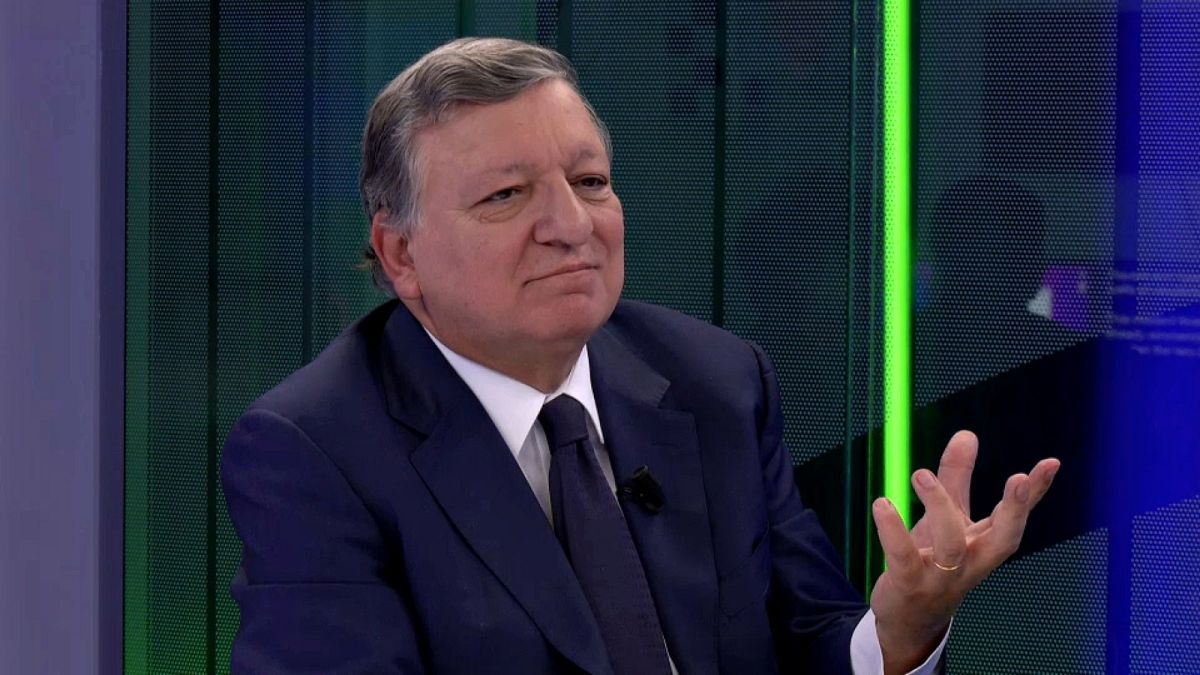Former European Commission President José Manuel Durão Barroso recently provided insights into the challenges EU leaders faced in responding to Russia’s annexation of Crimea in a candid interview with Euronews. He revealed that the EU has come to terms with the fact that Crimea may never be returned to Ukraine, contradicting Ukraine’s stance.
Barroso highlighted the difficulties European leaders encountered in forming a united front against Russian President Vladimir Putin’s expansionism following the annexation of Crimea. While Ukraine has been vocal about the need to reclaim all territories occupied by Russia, Barroso’s comments point to a more pragmatic view prevailing among EU leaders.
Despite the divergence in views, Barroso emphasized the EU’s obligation to support Ukraine in the face of Russia’s aggressive actions, which have escalated into a global conflict. He underscored the significance of upholding international law, global solidarity, and ensuring justice for Ukraine in achieving lasting peace in the region.
Reflecting on the past, Barroso recounted the diplomatic challenges that emerged within the EU as member states debated various responses to Russia’s actions, including the imposition of sanctions. He noted the complexities in reaching consensus due to differing national interests and the varying degrees of support from member states.
Barroso shared insights from his interactions with Putin, revealing the Russian leader’s ambitions to prevent Ukraine from existing as an independent country. Putin’s vision, as described by Barroso, involves transforming Ukraine into a vassal state without autonomy in foreign and defense policies. Barroso’s discussions with Putin shed light on the Russian leader’s perception of Ukraine’s origins and geopolitical significance.
The former Commission chief stressed the EU’s role in determining whether to oppose Putin’s neo-imperialist aspirations or allow them to unfold unchecked. The decision to support Ukraine’s sovereignty and territorial integrity is presented as a crucial test of the EU’s commitment to defending democratic principles and thwarting authoritarian aggression.
While discussing Ukraine’s EU aspirations, Barroso acknowledged the challenges posed by the ongoing conflict and emphasized the need to assist Ukraine in meeting the necessary criteria for EU membership. Despite the complexities involved, Barroso advocated for continued support to help Ukraine progress towards eventual accession to the EU, underscoring the importance of unity and resolve in the face of geopolitical challenges.











